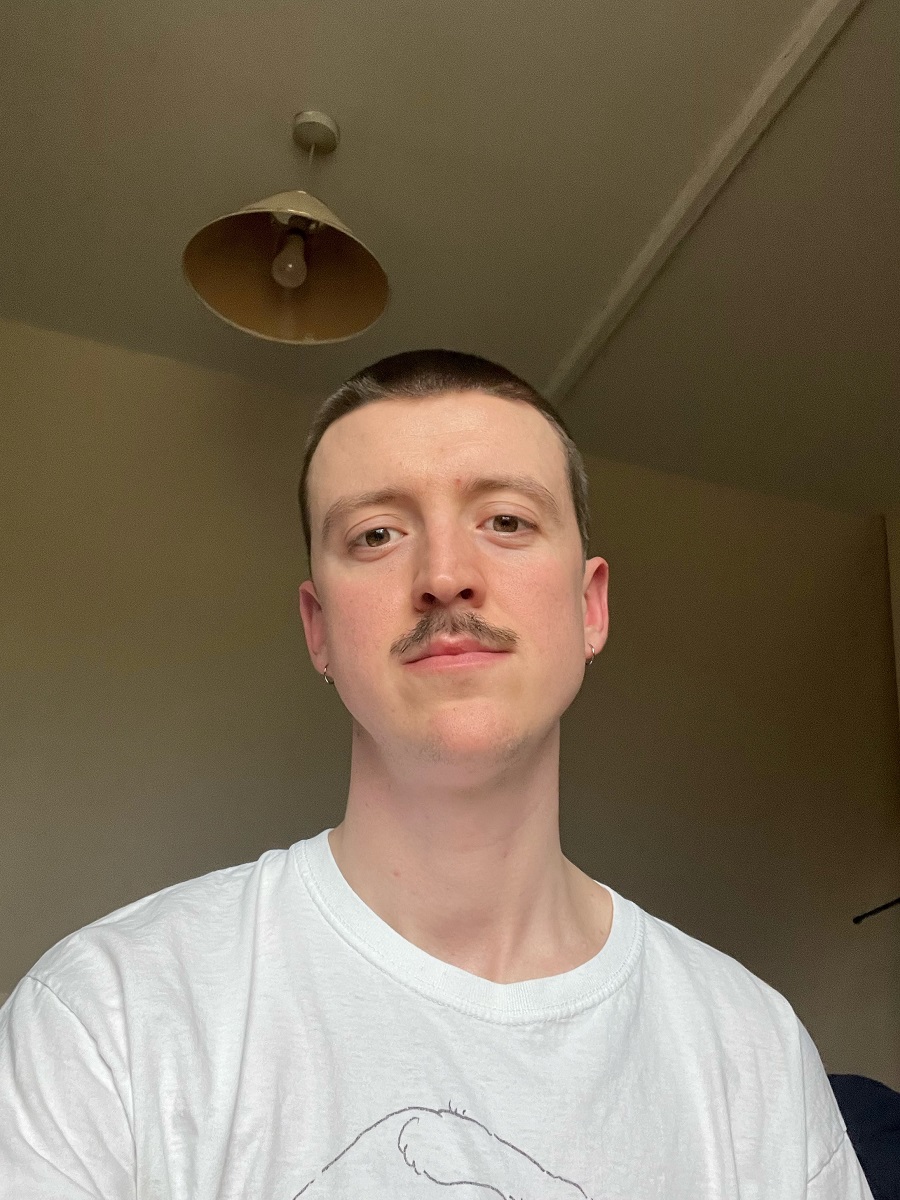“Lots of things I found came as a surprise,” says Thomas Parkinson (History PhD 2021).
Thomas works on the global history of disability, science, and medicine during the nineteenth century. At present, he is interested in the subject of speech impairment in Britain and South Asia.
“In the 1860s, there was the idea that only white Europeans could stammer, because you needed a certain level of civilisation to stammer,” Thomas says.
“European views on speech and language impairment were influenced by linguistic and anthropological knowledge, a lot of which assumed that non-European people were of lower intelligence and were uncivilised. They didn’t have the mental capacity to stammer, as a stammer was the product of an overworked mind.”
Thomas is specifically is interested in speech impairments, or disabilities. His academic interest arose when he learned one of the presidents of the Anthropological Society of London, James Hunt, was a speech therapist.
Thomas works in an interdisciplinary way, and aims to chart how popular and specialist understanding of speech impairment has evolved over time.
“For me it’s about unravelling the ableist foundations of medical science and speech science, as well as the colonial roots of it,” he adds.
“The question I’m interested in the most is how scientific knowledge is constructed around bodily difference and impairment, both in our contemporary world and in the past.
“My work is related to a broader turn in the historiography of science that seeks to understand the relationship between scientific knowledge, colonisation, race, slavery and other forms of mass exploitation.”
Thomas completed his undergraduate degree in History at the University of Sheffield and moved to the University of Cambridge for an MPhil in Modern South Asian Studies at Girton College. He earned the C. A. Bayly Dissertation Prize (2020) and the Royal Historical Society's Rees Davies Prize (2021) for his MPhil dissertation.
His PhD is funded by a Gonville/Bauer Studentship (2021-24), after he opted to move college to be supervised by Caius Fellow Professor Sujit Sivasundaram. Thomas is interested in a career in academia.
He is travelling to Kolkata, India in September for a month, to work in the West Bengal State archives to find information on the Calcutta Medical College.
“The 19th century is a particularly interesting time because in India you have this collision of different medical traditions,” adds Thomas, who had speech therapy for a stammer in his early 20s.
“The imposition of western scientific forms of healing makes so-called ‘biomedicine’ the dominant form of medicine in the subcontinent, but other medical traditions such as Ayurveda don’t just survive – they flourish.”
The colonial stratification of society and the caste system in South Asia provides further context into attitudes to disability. Understanding that history, Thomas believes, can improve our knowledge about issues related to speech therapy in places like Britain and India today.
“What disables? Is it the impairment itself, the fact that a person blocks when trying to talk, or is it the expectation of the people around them who perceive they should be communicating in a particular way,” Thomas says.


